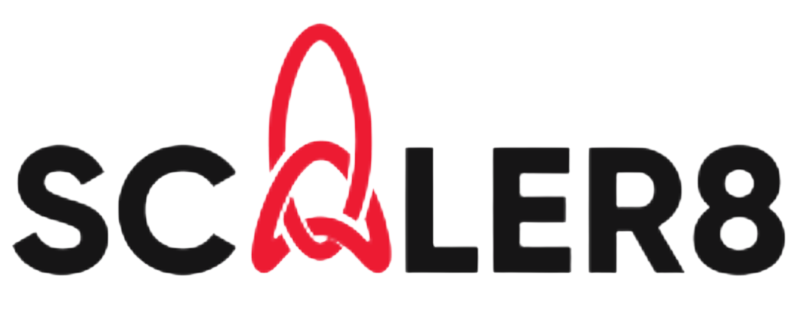The digital age has transformed how we communicate, collaborate, trade and socialise. Along with these changes is also a new shift in the dynamics between companies and customers.
No longer is the customer a one-dimensional concept. No longer is consumption happening in private. No longer is the ‘market’ a single body, but rather a multitude of individuals.
This individualisation, where products and services are measured by the experiences associated with them and where individuals are defined by desires, needs, interests and usage preferences, has led to continuous innovations and evolutions in marketing technology.
Germany, home to the largest population of internet users in Europe and one of the leading players in the global digital economy, is at the centre of advancements in marketing technology across the region.
Here are four German Martech industry opportunities in 2022 for startups to take note of.
1. Opportunity in the GDPR
As of January 2022, there were 78.02 million internet users in Germany and over 300 million across the entire European Union.
However, with user privacy taking centre stage, organisations looking to leverage on benefits of such a large digitally savvy population are faced with a big challenge: complying with the European Union General Data Protection Regulation (GDPR).
EU’s GDPR is one of the strictest privacy regulations in the world, where non-compliance fines can reach 4% of a company’s global turnover or €20 million ($24.4 million), whichever is higher.
Established organisations may have an easier time complying with GDPR, but newer entrants face an uphill struggle. As such, demand for services that allow data to be handled according to GDPR will increase in the future.
2. The Hunt for Market Individualisation Continues
A proliferation of marketing channels has made it difficult for many companies to decide on which channels are more effective for their goals.
Combined with growing trends towards social consumption, we are seeing more companies seeking ways to improve and refine their customer’s experiences.
In fact, according to a survey conducted by European Marketing Confederation (EMC) on 6,000 sales managers in Europe, maintaining a consistent customer experience across all touch points remains one of the biggest challenges they face.
This has created a demand for tech solutions that allow for highly individualised marketing distribution at scale. Companies that can help refine or automate marketing solutions are destined to find opportunities in the German advertising industry.
3. Traditional Media Makes Way for Programmatic Advertising
According to Germany Trade & Invest (GTAI), Germany’s economic development agency, traditional media will soon lose market share to digital channels.
In the past, companies and media agencies in the country have focused on traditional media, but now more are looking into new-age advertising technology to better and more effectively reach their target audiences.
Companies offering solutions that streamline programmatic advertising – particularly the new forms such as programmatic audio advertising or programmatic out-of-home advertising – have a competitive advantage as market penetration in Germany is lower than in other developed nations.
4. Birth of the Digital Markets Act
In a bid to bring fairness back to online platforms, the EU has set forth a new law targeted at addressing unfair and anti-competitive conditions imposed by large corporations providing ‘core platform services’ such as social networks or search engines.
The Digital Market Act (DMA), as it is called, will allow the European Commission to carry out market investigations and sanction non-compliant behaviour.
10 core platform services have been identified as subject to the DMA, including online search engines, operating systems, cloud computing services, and web browsers.
Among the discussions held between the EU Parliament, Council and Commission, lawmakers agreed that the largest messaging services – WhatsApp, Facebook Messenger or iMessage – would have to unlock their platforms to allow users of small or big platforms to exchange messages, files or make video calls.
Meanwhile, provisions for interoperability among social networks will be assessed and provided in the future.
Andreas Schwab, the rapporteur from the Parliament’s internal market and consumer protection committee, said, “The agreement ushers in a new era of tech regulation worldwide. The Digital Markets Act puts an end to the ever-increasing dominance of Big Tech companies. From now on, they must show that they also allow for fair competition on the internet. The new rules will help enforce that basic principle. Europe is thus ensuring more competition, more innovation and more choice for users.”
Germany, as the gateway to the EU region and a hub for digital innovation, is set to play a crucial role in driving new activity as more room opens up for startups to play in areas previously dominated by larger players.
Ready to Collaborate?
As part of the Global Innovation Alliance, Scaler8 is helping Asian startups and SMEs gain access to new markets. We guide companies through each step, from understanding whether the overseas business expansion is right to establish a local presence in select international markets.
Reach out to us for help gaining access to Europe’s largest economy.




